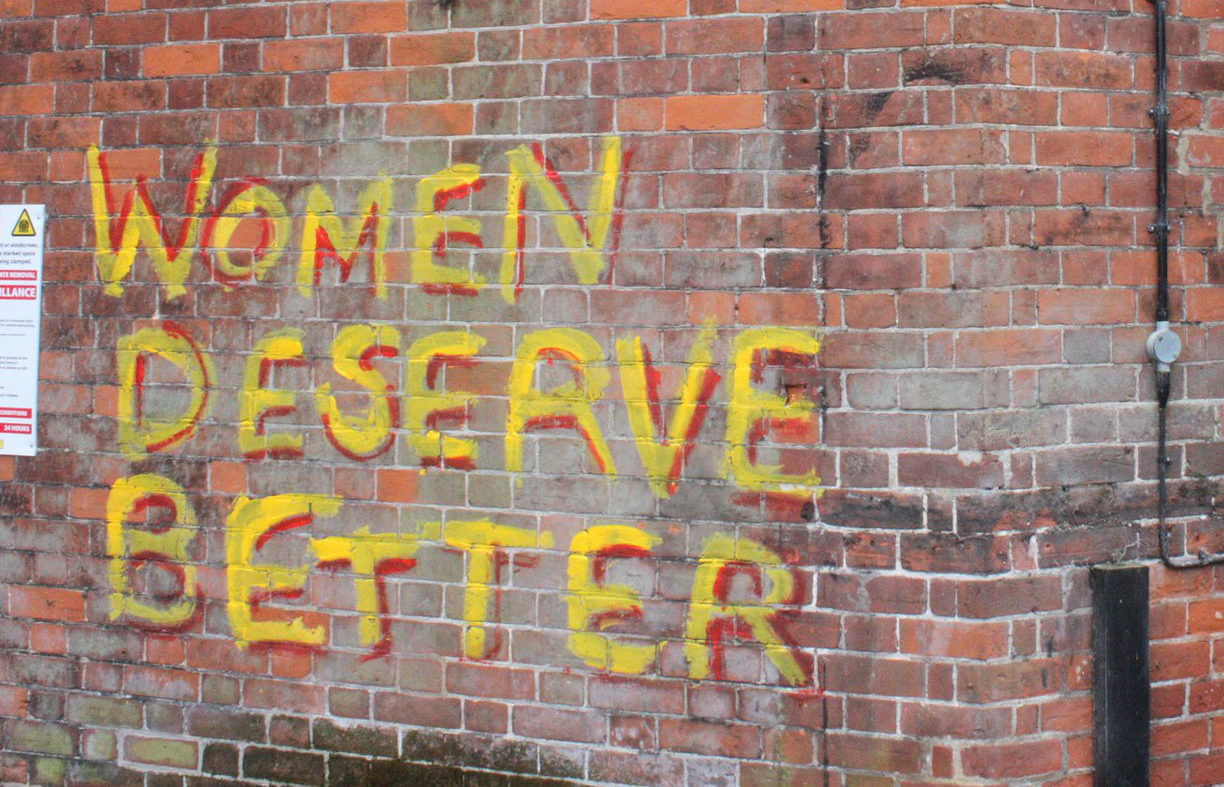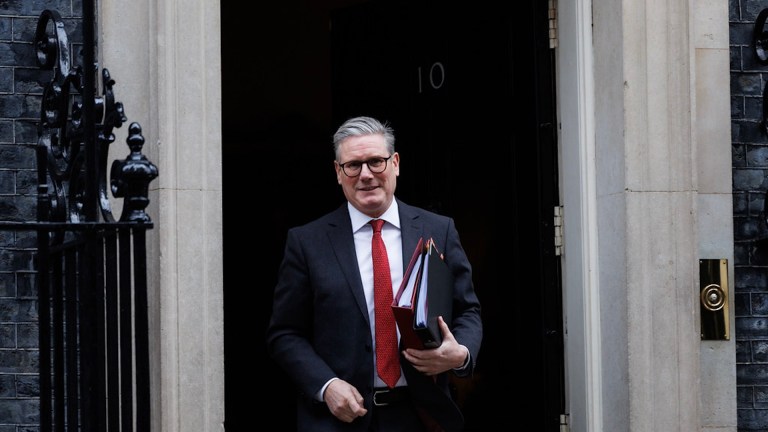Four years after it was promised in the Queen’s Speech, the Domestic Abuse Act has finally received Royal Assent and is now law. Two general elections and a global pandemic later, this is a real achievement for everyone involved.
We want to pay credit to the brave survivors who have shared their stories in Westminster so that the real impact of domestic abuse was understood. None of this would have been possible without MPs – including Jess Phillips MP who knows firsthand what it is like to work for a Women’s Aid member service, and has championed survivors’ needs throughout – as well as charities, campaigners and members of the public coming together to create change for those living with domestic abuse.
The new law comes at a poignant time. As we warned at the start of the pandemic, existing domestic abuse became more frequent and severe. Covid-19 clearly does not cause abuse – only abusers are responsible for their behaviour. But abusers will seize any tool to increase control over their victims. Survivors told us about perpetrators using Covid-19 as part of abuse and increased coercive control during the pandemic.
There is much to welcome in the new law, including strengthened protection in the family courts, recognition of children as victims in their own right, a guarantee that survivors escaping domestic abuse will be in ‘priority need’ for housing, and a legal duty on councils to fund support in safe accommodation.
A refuge is so much more than a roof over your head. It is a place where experienced domestic abuse support workers give dedicated support, meaning that survivors feel safe and understood, and receive expert support to recover from trauma and start a new life.
However, despite tireless campaigning, the new Act has some significant gaps. Although local authorities are now required by law to fund support for survivors in ‘accommodation based’ services, the Act does not use the word ‘refuge’ at all. We have a real fear that by not specifying the need for a refuge, women and their children fleeing abuse could be placed in unsafe hostels or B&B accommodation.
We are already seeing landlords with no experience in a domestic abuse setting themselves up as providers of emergency accommodation, and we have fears over these being funded in place of desperately needed women’s refuges.









